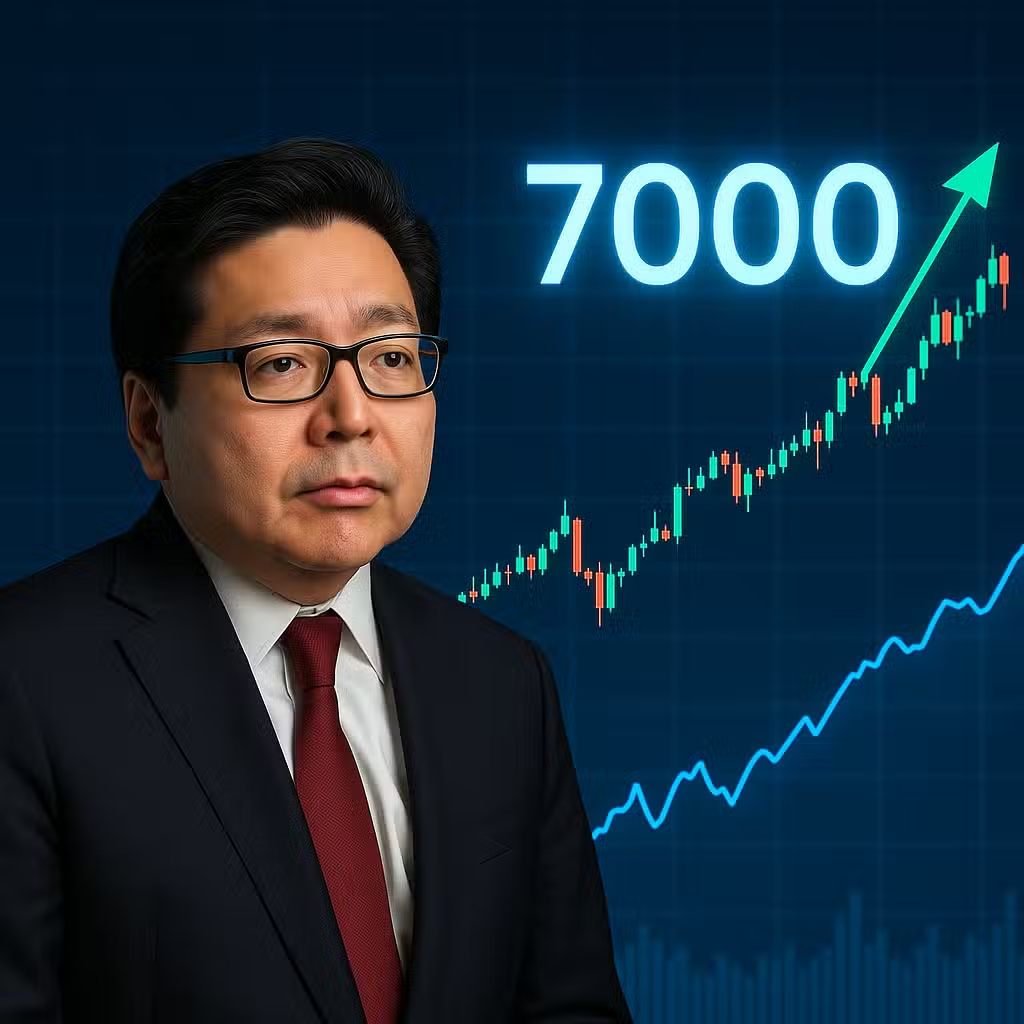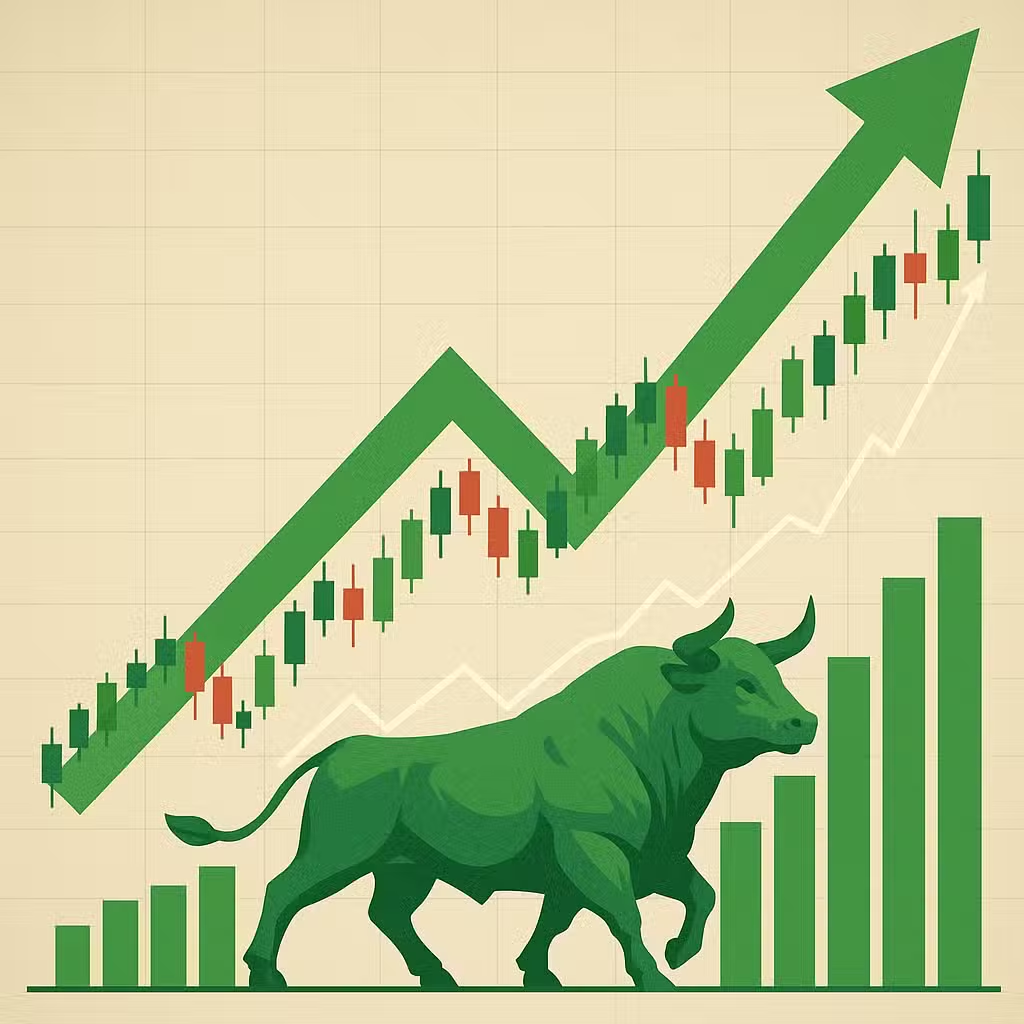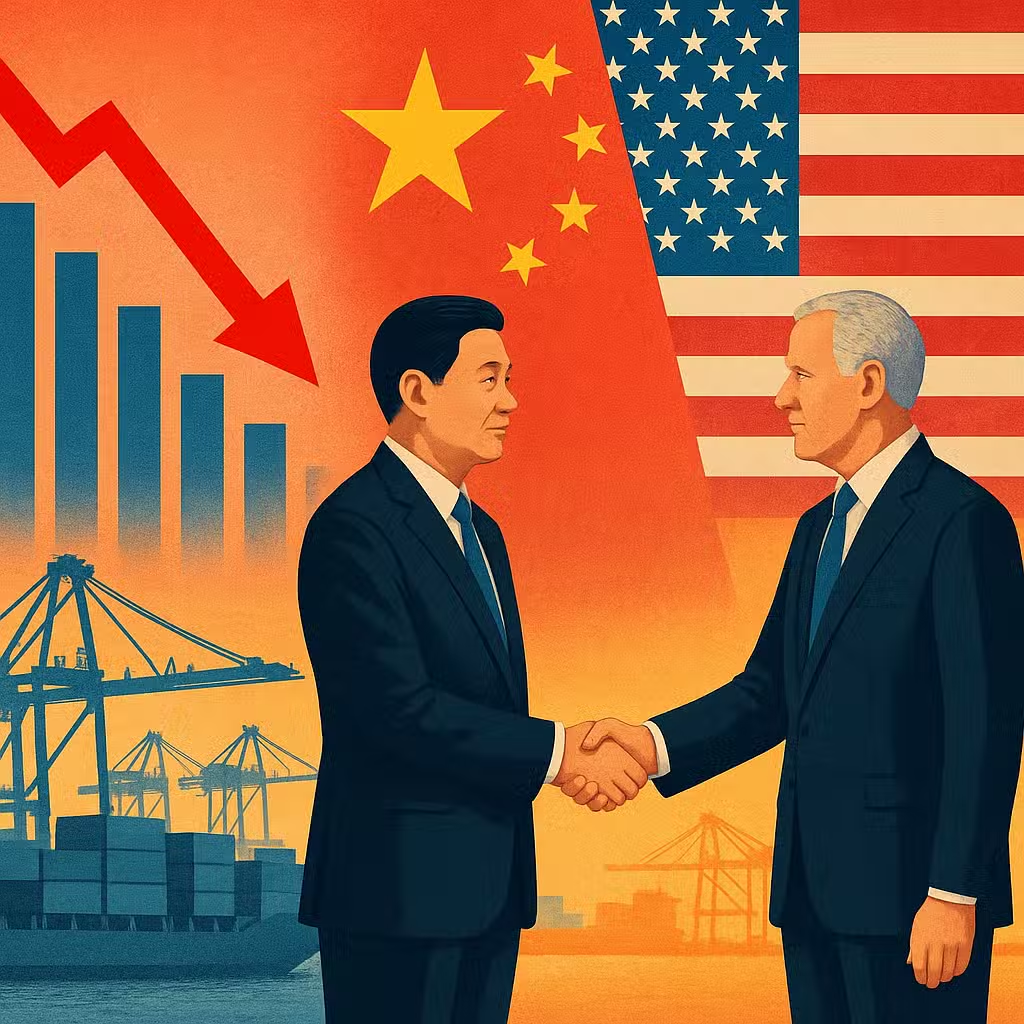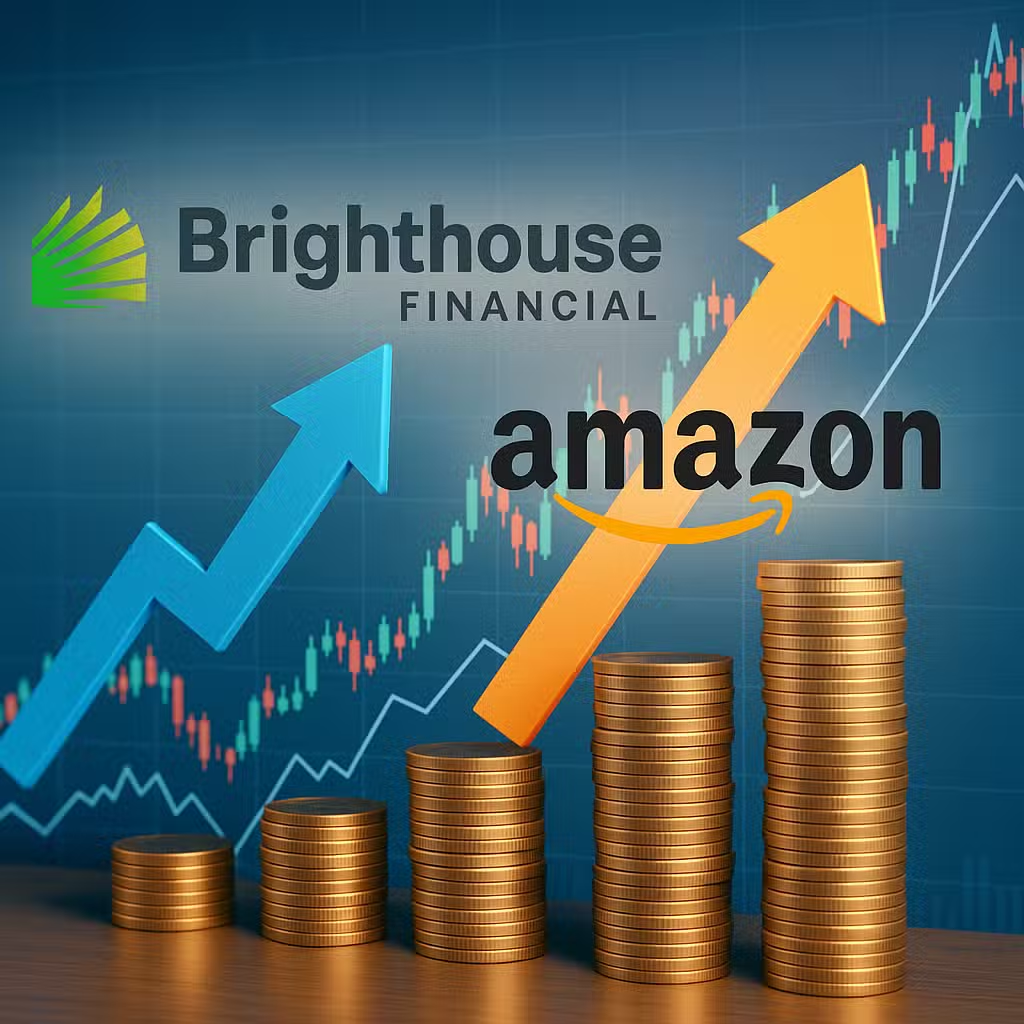Tom Lee Projects S&P 500 Could Reach 7,000 by Year-End, Downplays Shutdown Risks for Investors
If you’ve ever been on a long road trip and hit a small construction zone, you know it can slow you down but usually doesn’t stop you from reaching your destination. That’s how some experts see the current government shutdown’s effect on the stock market.
Why the Government Shutdown Matters for Investors
When the government shuts down, it can sound scary for anyone with money in the markets. Some people worry it might cause stocks to drop or even crash. But Tom Lee, a well-known strategist at Fundstrat Global Advisors, says this situation is more like a speed bump than a roadblock for investors. He thinks the shutdown is just a “sidebar issue” and not a big deal for the stock market’s direction.
Lee predicts the S&P 500, a key group of U.S. stocks, will keep climbing and might even hit a record high of 7,000 by the end of December. That’s about 4% higher than where it is now. He says that if the market dips because of shutdown worries, it could be a good time to buy stocks at a lower price.
Bull Case: Reasons to Stay Positive
- History is on the bulls’ side: Since 1950, the S&P 500 has gained an average of 4.9% in the last three months of the year (source).
- Most shutdowns don’t last or hurt stocks much: Past government shutdowns have caused little lasting damage to the stock market.
- The Fed is helping: When the Federal Reserve cuts interest rates, like in 1998 and 2024, stocks often rise even more—an average of 13.8% in the final quarter during those years.
- Strong momentum: The S&P 500 is already up 14% this year and nearly 40% from its low in April, showing investors are still confident.
Bear Case: What Could Go Wrong?
- Shutdown length matters: If the government stays closed for a long time, it could hurt the economy and make investors nervous.
- Market is near record highs: Stocks are already expensive, so any bad news could cause a bigger drop.
- Economic data blackout: With no new reports from the government, investors have less information to make decisions, which can add uncertainty.
- Nervous investors: Dire warnings in the news might spook people into selling, making prices swing more than usual.
What the Numbers Say
A study by Goldman Sachs found that past government shutdowns have usually had only a small effect on the economy and stock market. Most shutdowns since 1976 lasted less than two weeks, and the S&P 500 was flat or even up during most of them.
Investor Takeaway
- Don’t panic over headlines about government shutdowns—they’re usually just a bump in the road for stocks.
- If stocks dip because of shutdown worries, consider it a buying opportunity, especially if you believe in the longer-term uptrend.
- Keep an eye on the length of the shutdown. A short one likely won’t matter much, but a long one could hurt the economy.
- Diversify with safe-haven assets like gold or bitcoin, which some experts still find attractive during uncertain times.
- Remember the big picture: Stocks have a strong track record in the last part of the year, especially when the Fed is being supportive.
For the full original report, see CNBC







